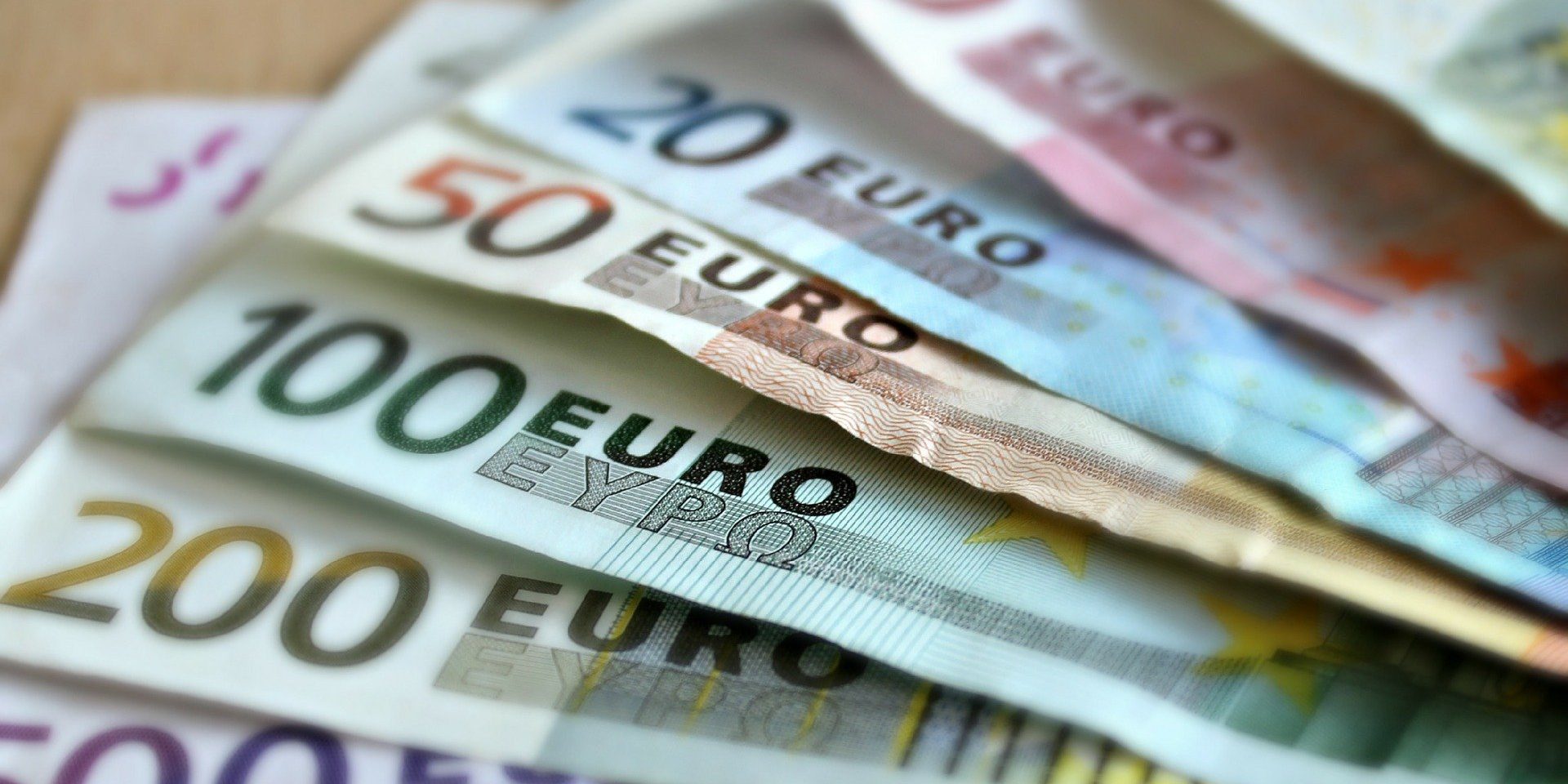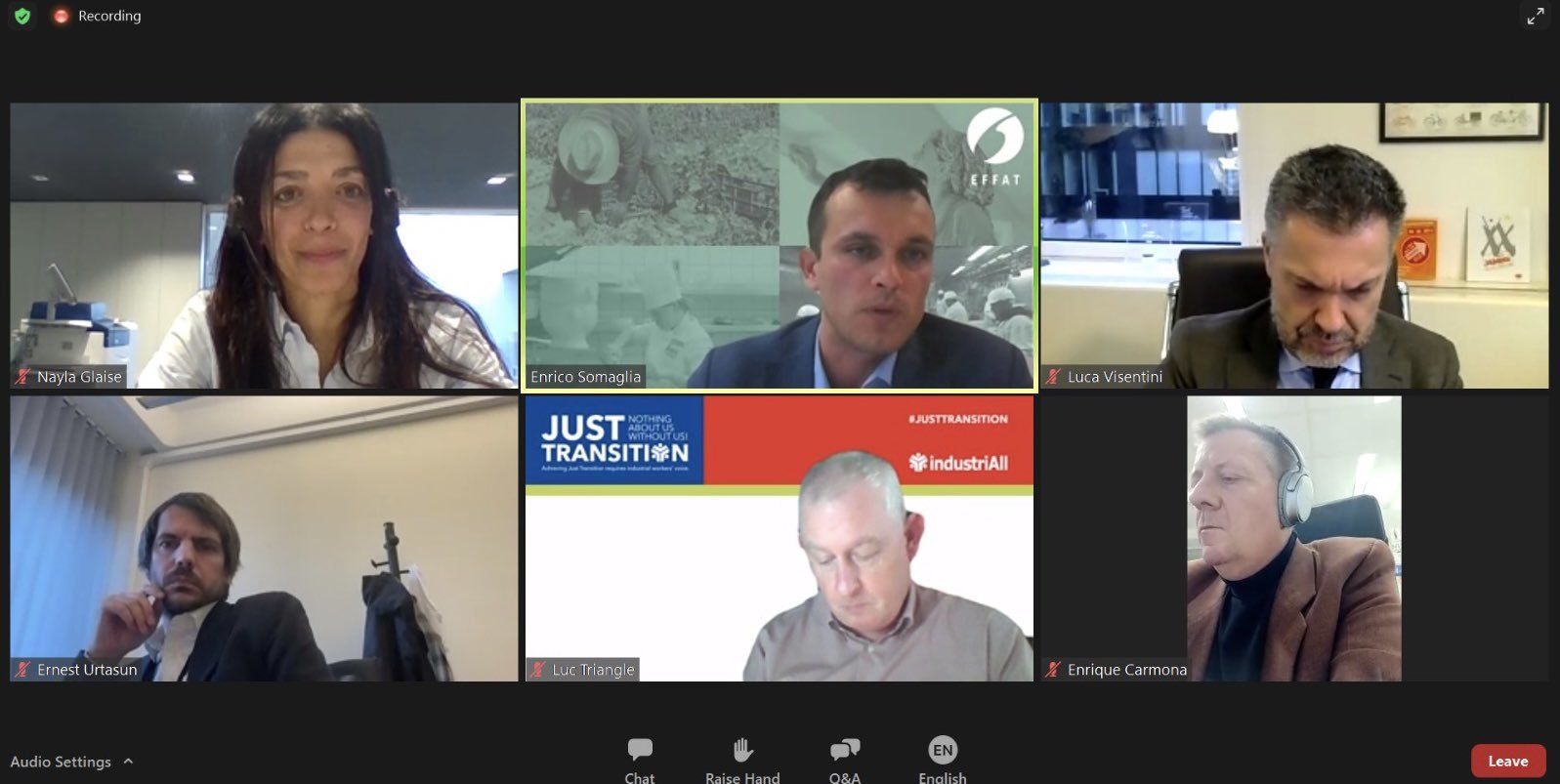
Building back better through the European recovery fund
Eurocadres outlines how the fund can enable a just recovery post-COVID in European Forum event

The European Recovery Fund is a landmark document, which provides Member States an avenue to rebuild following the pandemic, but how can this fund be one which guarantees decent jobs for all?
This was the central question posed during European Forum’s online panel, "EU money for decent jobs: using the Recovery Fund to achieve a Social Progress Protocol", with Eurocadres President Nayla Glaise participating alongside Luca Visentini (General Secretary of the European Trade Union Confederation, ETUC), Luc Triangle (General Secretary of IndustriAll), Enrico Somaglia (Deputy Secretary General of European Federation of Food Agriculture and Tourism Trade Unions, EFFAT), and Ernest Urtasun (Vice-Chair of the Group of the Greens/EFA in the EP).
– We have three decades to implement a full decarbonisation of the European economy. At the same time, we have growing inequality throughout Europe, and need to ensure a just transition for workers and communities.
Representing Eurocadres, President Nayla Glaise emphasised the challenge facing us in reaching net-zero while providing for workers and communities: “We have three decades to implement a full decarbonisation of the European economy. At the same time, we have growing inequality throughout Europe, and need to ensure a just transition for workers and communities. professionals and managers have a key role to play in holding employers accountable, and delivering a truly social Europe.
As trade unions, we must make sure that recovery funds come with a social guarantee. That means investing in the real economy and giving financial support to companies that support trade union rights, collective bargaining and green and sustainable jobs”.
As Europe’s recovery brings wholesale changes to industry and workers, the digital sector will be crucial to our decarbonisation and re-skilling efforts. “This is already an issue, and Europe is facing an uphill battle in the digital transition, for example there is currently a gap of 291,000 professionals in cybersecurity. The Commission’s efforts to define a taxonomy of skills for the green transition, which will allow the statistical monitoring of the greening of professions, is a welcome first step” stated Nayla Glaise. While digital skills must be invested in, tech companies must respect workers’ rights. Issues regarding platform workers, including professionals and managers, continue to surface, and these employees “must be protected by regulating platforms, with assurances on legal employment status and access to associated labour, social protection rights and collective bargaining”.
Europe as a global leader
While Europe looks to implement changes, we cannot accept the offshoring of manufacturing activities, and must ensure that our trade partners adhere to carbon-pricing and world-leading environmental standards throughout the value chain and the life-cycle of imported and exported products. This will put pressure on companies, with Eurocadres asserting that “companies must be held to account for their efforts. While metrics for success in financial activities are commonplace, the same must be the case for social targets. Companies who benefit from recovery funds should be compelled to show how they have contributed to social progress amongst their staff. The responsibility to deliver a social Europe should be shared with employers, and become a prerequisite for the release of European funds”.
This online panel was a part of European Forum’s 2021 programme, which you can view in full here.
